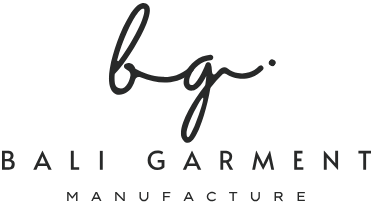Quality control is a cornerstone of business success, influencing product reliability, customer satisfaction, and operational efficiency. By implementing effective QC practices and staying abreast of emerging trends, businesses can ensure that they meet the highest standards of quality and maintain a competitive edge in the marketplace. In an era where consumers demand excellence and regulations are ever-tightening, quality control is not merely a function but a strategic imperative for achieving long-term success and sustainability.
Quality control (QC) is a vital process that ensures products and services meet established standards, playing a key role in business success. By enhancing product reliability and safety, QC helps companies minimize defects, reduce risks, and ensure customer satisfaction, which in turn strengthens brand reputation and customer loyalty. Effective quality control also reduces operational costs by identifying issues early, thus decreasing waste and the need for rework or recalls, while ensuring compliance with industry regulations and standards.
QC is integral to operational efficiency, as it streamlines processes, reduces bottlenecks, and enhances productivity. Key components of QC include quality planning, assurance, inspection, and testing, along with corrective and preventive actions, all of which contribute to continuous improvement. In today’s competitive marketplace, businesses that prioritize quality control are better positioned to thrive, as it promotes sustainability and a commitment to excellence.
Best Practices for Effective Quality Control



